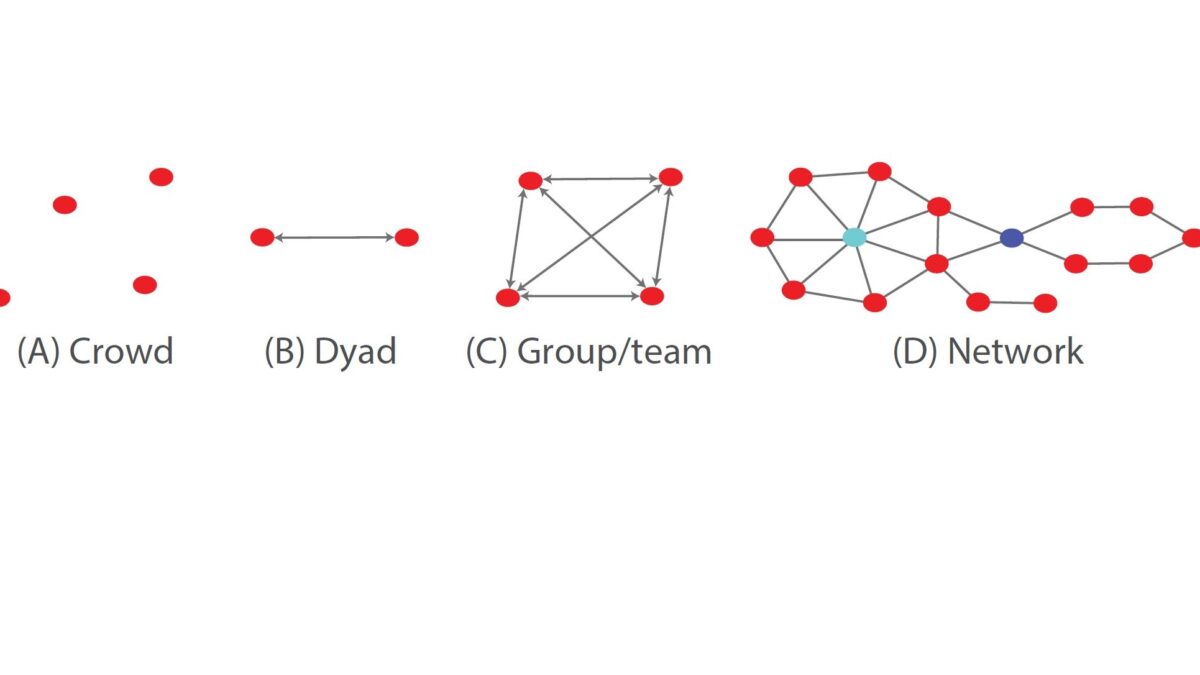700K of grant from US Army to study self-organizing social network
We will work on redesigning and maximizing human productivity through self-organizing social networks.
For the next few years, we will set up controlled virtual experiments to test how variables such as group composition, size, external signals, and network structure affect the productivity of network participants. We will develop a tunable simulation architecture to extend the findings to a broad range of other skills relevant to the future of work. Finally, we will develop, test, and validate a suite of intervention strategies to alleviate bottlenecks and enhance the productivity of the creative process.
COVID-19 caused massive adjustments in the workplace, including increased reliance on virtual rather than in-person meetings. Even after the pandemic wanes, that trend will continue as breakthroughs in Artificial Intelligence, and machine learning threaten even high-skilled jobs in many fields.
Demand is instead soaring for tasks involving socio-cognitive soft skills, such as leadership and creative problem-solving. The future workplace will likely involve large ensembles of people interacting in virtual settings, such as online social networks, as they tackle complex challenges beyond machines’ capability. This grant’s findings could help us be better prepared for it.

